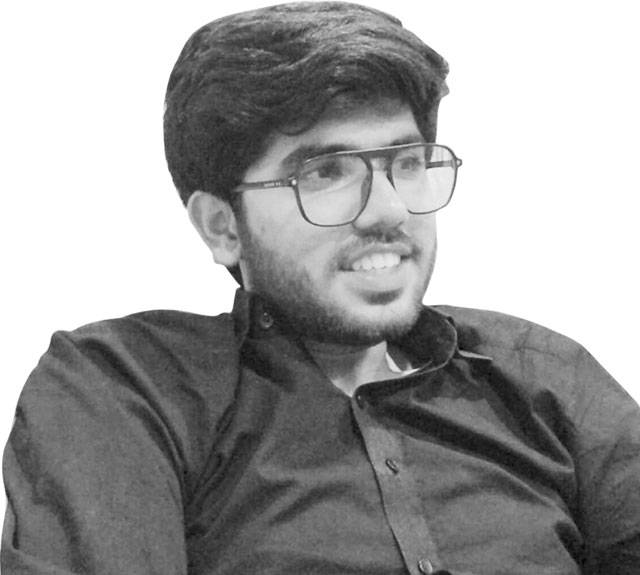All the stakeholders of power in Pakistan have agreed upon the fact that democracy is the ultimate way through, mainly because it has constitutional, popular, and moral legitimacy. Political parties are the backbone of any democratic dispensation because they represent the will of the masses. This means maligning and cutting the political parties to square one is a direct attack on democracy.
The ongoing spree of pressurising members and elected representatives of PTI to abandon their party can be seen in such a context. The swift exodus of elected people and party loyalists from PTI is just a new episode of an ongoing phenomenon of 75 years. Such antics are a reality check to all political leaders making them realise where real power rests. Any attempt to counter the dominance of non-political heavyweights has been crushed in the past and that is exactly what is happening right now.
The fundamental reason for Pakistan’s chequered history with democracy is the ever-shrinking political space. For the longest period of our history, politicians have failed to create a consensus among themselves on any agenda. To add insult to injury, every time non-political forces try to meddle, there are some politicians who aid them and associate their vested interest with such forces.
In incumbent times, Imran Khan is a prime example of such a politician. He is allegedly a beneficiary of political engineering that took place in 2016-2018. Instead of taking a stand and relying on the will of the people, he apparently chose to collide with the powerful quarters. Now, he feels as though his benefactors gave him a taste of his own medicine and acted as per the script, he found the betrayal unprecedented.
However, the political history of Pakistan negates Imran Khan’s belief that the current wave of political vendetta is the worst form of state oppression. In fact, in 2002 when Imran Khan desired to become the Prime Minister under the shadow of a dictator, there was a forward bloc of the Pakistan Peoples Party, supporting Pervez Musharraf. During the same era a whole new party, PMLQ, was carved out from PMLN and launched as King’s Party. Before that, Bhutto had banned National Awami Party because it not only challenged him but also the powerful quarters. Later, after toppling Bhutto’s government, the Zia regime was on its heels to divide PPP and create different factions of PPP. National Peoples Party of Ghulam Mustafa Jatoi and the Progressive Peoples Party of Maulana Kausar Niazi were backed by the PPP. The tale of alleged state oppression against MQM and nationalist leaders from Sindh, Balochistan, and KPK can be construed as another horrifying episode of this play.
However, having said so, political vengeance against any political party should be subject to condemnation. Keeping aside the apparent political and ideological differences with PTI, pressurising elected representatives and party members to alter their loyalties also seems to be undemocratic. To ensure accountability and democracy within the parties, the affairs of the state should run within the ambit of our constitution. History has shown that whenever political parties dismantled like this, there was no positive result. Whenever given a chance, masses of Pakistan have stood with their leaders, whom they associate themselves with.
Hence, in order for sanity to prevail, it is crucial that elections are called and people are allowed to choose their representatives. Any effort that contradicts democratic norms and the constitution of Pakistan will lead us to a fiasco and honestly, the common man on the streets can not afford it.
Friday, May 17, 2024
Shrinking political space

Tobacco Toll
May 17, 2024
Rushed Reforms
May 17, 2024
Restarting CPEC
May 17, 2024
Rain Damage
May 16, 2024
LESCO Next
May 16, 2024
Hoax of Inflation Coming Down
May 17, 2024
Rising Inflation
May 17, 2024
Juvenile Delinquency
May 17, 2024
Verbose Statements
May 17, 2024
2022 Floods - Road to Recovery
May 16, 2024
ePaper - Nawaiwaqt
Advertisement
Nawaiwaqt Group | Copyright © 2024





